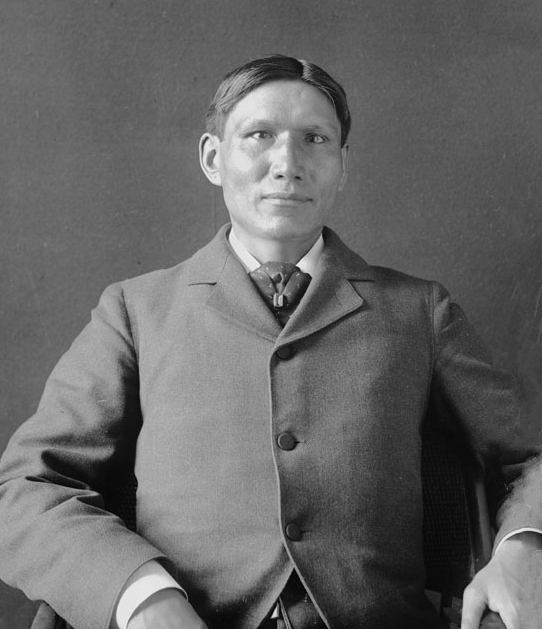I've never been to Walden Pond, but I know the area like the back of my hand. For forty years I trekked around at least some of it every fall, pulled on boots and became a guide when my students visited, guests of Henry David Thoreau's writing.
Living out here in the country, I think of Walden Pond often because Thoreau's mission for the two years he stayed out there was to gain what wisdom nature had to teach--and not miss it, engaged as most of us are, he'd say, in lives of "quiet desperation."
I'm no prophet. I'm not pointing fingers, like he did. And I never thought of my life as anything close to "quiet desperation."
But I think of Thoreau often because the world outside our windows changes so bountifully. The tracks in that shot above belong to a deer who waltzed through our backyard in the darkness just a night ago. He or she was alone, but there are stories left behind in the new snow. You may notice that she was in no hurry.
Change is coming now and again to the river out back, the Floyd, named such by none other than Lewis and Clark. The levels are high now, after three fine snowstorms, none of them blizzards, which is very unusual out here. Generally snow comes sideways and takes your face off unless you cover up. Not this winter. Snow has been peaceful, a lightweight quilt of soft cold a foot deep. You walk in it, not on it.
So it looks like this. Honestly, snow has no business looking so beautiful here. What's more, the warm temps have kept the river open longer into the winter season. On other Christmases, we've hiked the river after dinner. This year we could have canoed.
But it won't be long now before we can hike the river again. Look at this.
The open water feels especially dramatic and runs hard and fast when there's so little of it between the expanding swells of snow and ice.
What's more, it looks exceptionally clean. Agri-business isn't kind to rivers. Generally, they take a beating, along with those who reside within them. In mid-summer, there's basically an off-color trickle here; but yesterday when I was out, the river and its environs seemed blessedly prelapsarian.
It made me think of what the place might have looked like when the Yanktons were out here on the land. The Floyd was rich and full and running wild. In The History of Sioux County, when Charley Dyke talks about the rivers and sloughs that once were here, he describes them teeming with life, with game fish and elk. Not all that far from here, Lewis and Clark climbed Spirit Mound and spotted their first herd of buffalo.
Okay, I'm dreaming; but yesterday, in a powdery foot or more of untrammeled snow neighboring on an abundant, healthy stream, just being out there and alone was its own kind of vision quest.
And I didn't have to look long either.
Or far.
In "Economy," the first chapter of Walden, Thoreau spells out what he would like to say about wealth. Were he here, over my shoulder, I'm sure he'd say that a day out back on the river, a perfect winter's day, grants riches untold.
But then, he was a romantic writer, wasn't he? --a dreamer, right?
























